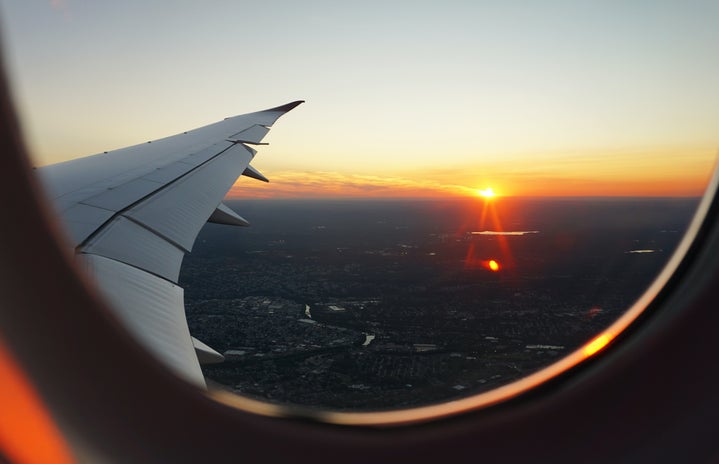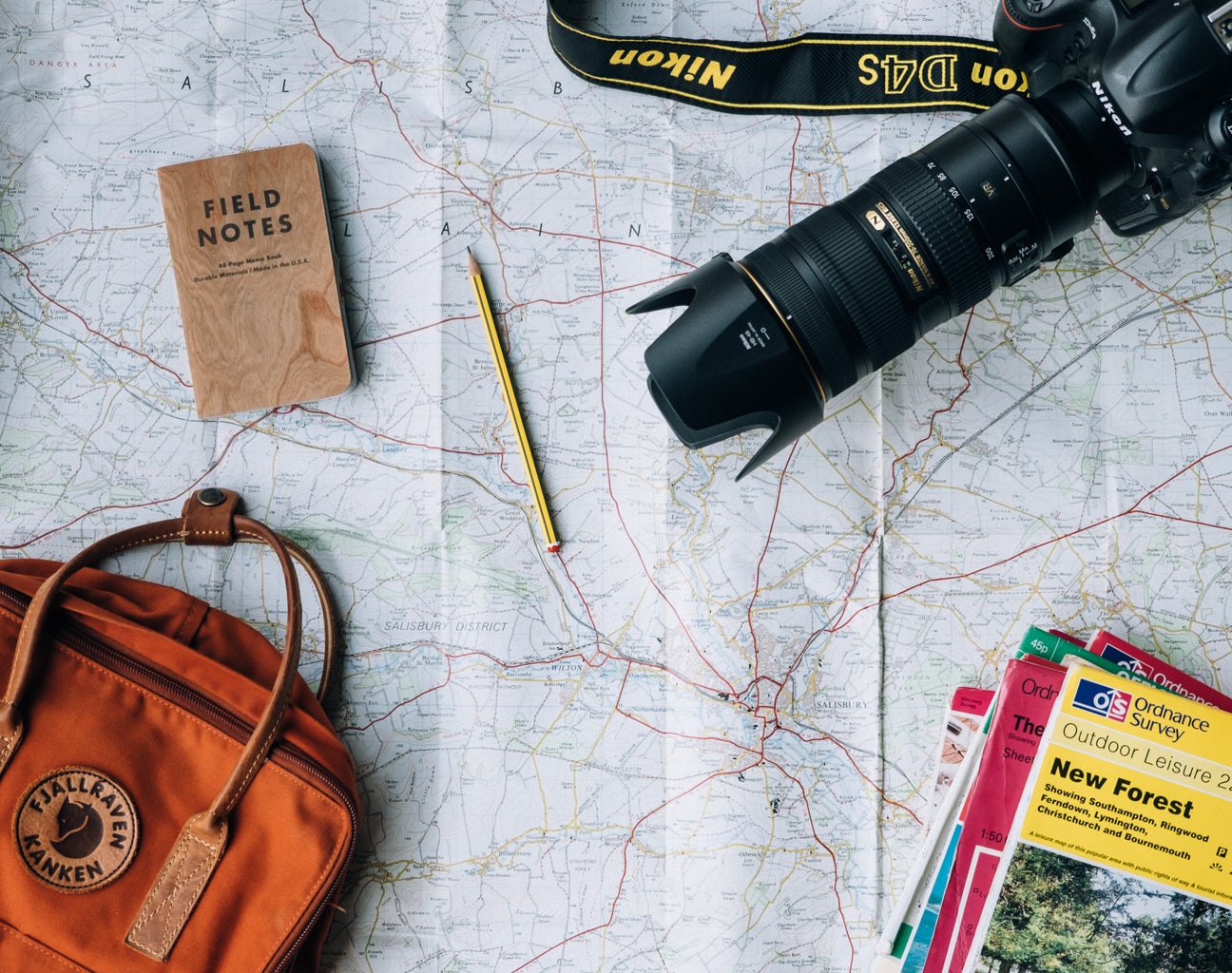I traveled for 2 months this summer in countries around Asia and Europe. I traveled solo, with a friend, and with a large group of people. Regardless of who I was traveling with, I had to decide where I was staying. When it came to making the decision despite lacking knowledge about it and it being very much out of my comfort zone, I chose to stay in hostels. For a lot of people including myself, hostels don’t seem like the best alternative; they are surrounded by this stigma and stereotype that they are unsafe, risky, and probably not set on the best conditions. This is the idea that I once held onto very strongly, but I can now tell you after staying in multiple hostels in over 8 countries that is usually not the case. So if you plan on traveling this summer or abroad or even if you don’t plan on traveling but like the idea of it someday this might be of use.
The first thing you need to know is where to find good hostels, not the creepy ones or the ones no one truly stays at. The website I used throughout the whole two months was HostelWorld, but before you log in there and book your hostel there are a few key things to know. The website is a great tool to look into the different hostels in a city. It gives you a lot of information that should determine whether you decide to stay there or look for somewhere else. Starting off with ratings and reviews, try to find places that have a reasonable amount of reviews and I would strive for nothing below a 7.5 rating. It will also give you proximity to the city center, although most cities around Europe do have metro systems I would recommend looking for places that are within a close kilometer radius. This will not only allow you to get around a lot quicker and easier but it will also help out your wallet as you won’t have to invest much money on the metro. Lastly, in regards to HostelWorld, I would recommend simply finding the hostels on this website but booking directly through the hostel’s website instead. If you are planning all this ahead of time and want to be worry-free about housing expenses once traveling, this will ensure that your booking is paid for in full and you won’t have to worry about pending payments once you arrive at your destination.
There are other things regarding hostel information that are important. Regarding the price range, there is no better example to show: You get what you pay for, than hostels. The cheapest hostel I booked was 14 dollars a night, and I indeed got what I paid for. It was not all that bad but definitely the worst place I stayed at. It’s important to know that most hostels will provide somewhat of a curtain around your bed for privacy. But not all of them do and if this is of major importance to you, like it was to me, I would recommend ensuring privacy conditions before booking. Usually, the hostels that vary between $30-50 are properly kept, in good condition, will usually contain curtains around each bed, and will have better cleanliness all around. Prices around $30 are still a bit risky but anything under that I would take a good look at before booking.
Secondly, there are a few things I would recommend buying ahead of time before you arrive at the hostel because even though the hostel might provide them they will charge a few which is usually higher than just buying it yourself. First things first, YOU NEED A LOCK. Most hostels give you a place to store your valuables in the room but will not provide a lock. I went my first day without a lock and while nothing happened to my stuff, I would have felt a lot better if I had had the certainty that all my belongings were locked up. Another small thing that I found useful was a small towel. Some hostels will provide towels but many will not and just having your own is very useful. I would also say some type of earbuds and sleep masks. People will snore, and there will definitely not be any black-out curtains, so if you want to have the best night’s rest possible these could provide a better night’s rest.
If you are traveling with the aim to meet people I would definitely say that there are a few dos and don’ts that might help you meet people. Starting off super simple, once you walk into your room, if your roommates are in the room, present yourself and say hi. It might become a lot harder to strike up a conversation later. Also, get in the mindset that a lot of the people staying at hostels are also wanting to meet people so don’t be intimidated because others most likely are just shy to start a conversation. Most hostels will have a common area or even plan out social events with people staying at the hostel; those are good opportunities to get to know people in a more comfortable environment.
With all this being said, also really consider your safety. If you don’t feel comfortable or safe around certain people, avoid it and try to stay in areas where there are multiple people. If you feel uncomfortable with the room you were given, unless the hostel is fully booked, they will usually change your room. In my case, I never had any circumstance where I felt unsafe. Most hostels do keep security and even police within the vicinity, but it’s good to always be aware of your surroundings.
These are all things that I would have loved to have known before I took up a two-month trip. With all this being said, everyone’s experiences will be different. These are some basics that I feel are good to know to not only make the idea of staying at a hostel a little more approachable, but to also remove the negative stigma that has been given. Based on all that has been said, if hostels are something you are contemplating when traveling I would say look into it. It is not only a way more affordable alternative but it’s also an amazing opportunity to get to know people from different countries.



